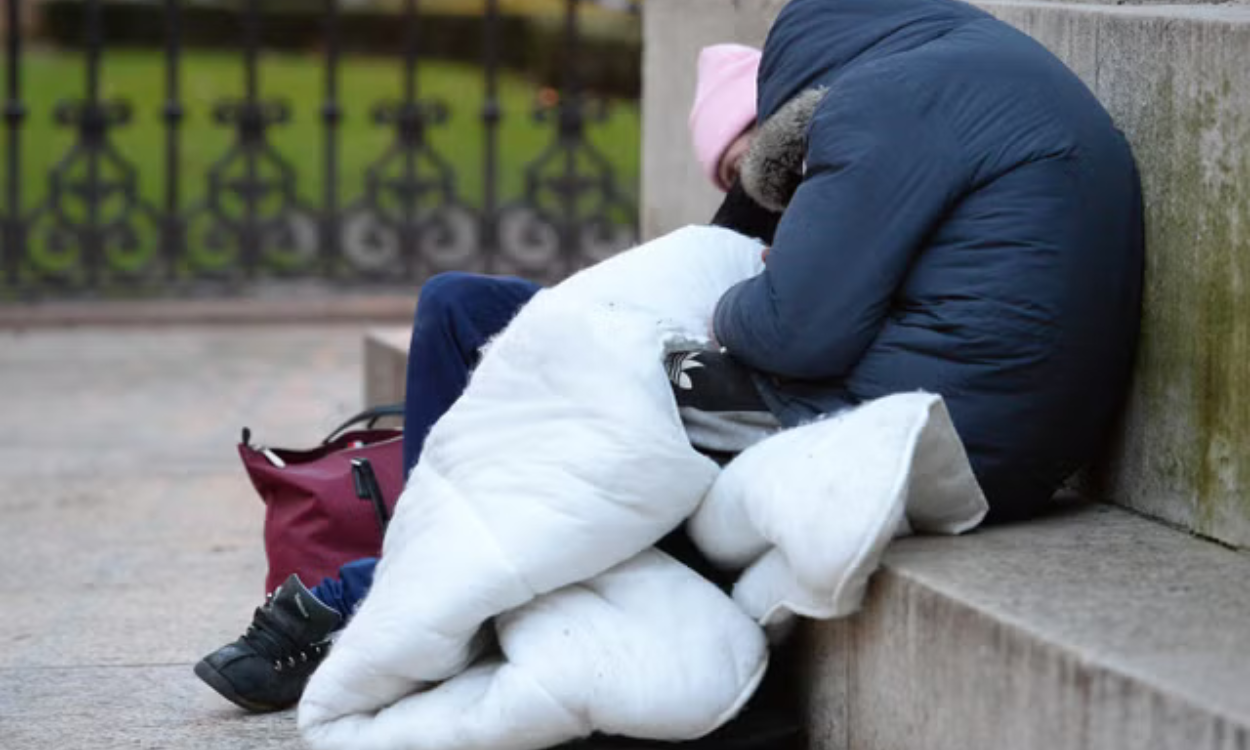London (Parliament Politics Magzine) – Homelessness organizations urge Rachel Reeves to extend tax relief to vital services facing critical funding gaps.
Homelessness organisations have raised concerns with Chancellor Rachel Reeves over a looming threat to essential services, following an increase in employer national insurance contributions in the recent Budget.
How are vital services impacted by the tax hike?
In an urgent letter to the chancellor, seen by *The Independent*, homelessness charities have appealed for the extension of a carve-out—currently available for the NHS and public sector—to organisations aiding society’s most vulnerable. They estimate that the £25 billion rise in national insurance could strip between £50 million and £60 million annually from frontline homelessness services.
Which major organizations signed the urgent appeal?
The letter, undersigned by more than 100 prominent organisations including Crisis, St Mungo’s, and Depaul UK, highlights the pressing need for intervention. Recent statistics underscore the severity of the crisis: rough sleeping in London hit a record high of 11,993 people in the year ending March. Additionally, as of August, over 150,000 children were reported to be in temporary accommodations—a troubling record.
Why is the housing crisis worsening?
The Labour administration has acknowledged the country is experiencing “the most acute housing crisis in living memory.” Rick Henderson, CEO of Homeless Link, the national body for frontline homelessness services, voiced fears that without relief, homelessness services nationwide will face closure, leaving thousands without essential support. “This NI increase, if not recovered in some way, could be the final nail in the coffin,” Henderson warned, as financial pressures and soaring demand put the system at breaking point.
How will tax changes affect not-for-profit providers?
Many homelessness services rely on local government funding and are operated by not-for-profit organisations, offering a range of critical services from street outreach to emergency beds and counseling. According to the letter, the NI rise will have “an immediate detrimental impact on the lives of the thousands of people who are supported and accommodated on a daily basis.”
Is there any government support for homelessness prevention?
Despite these concerns, the group acknowledged positive steps in the Budget, specifically welcoming an additional £230 million investment aimed at combating homelessness and rough sleeping. However, they stress that extending the tax relief to cover these services remains crucial for their survival.


